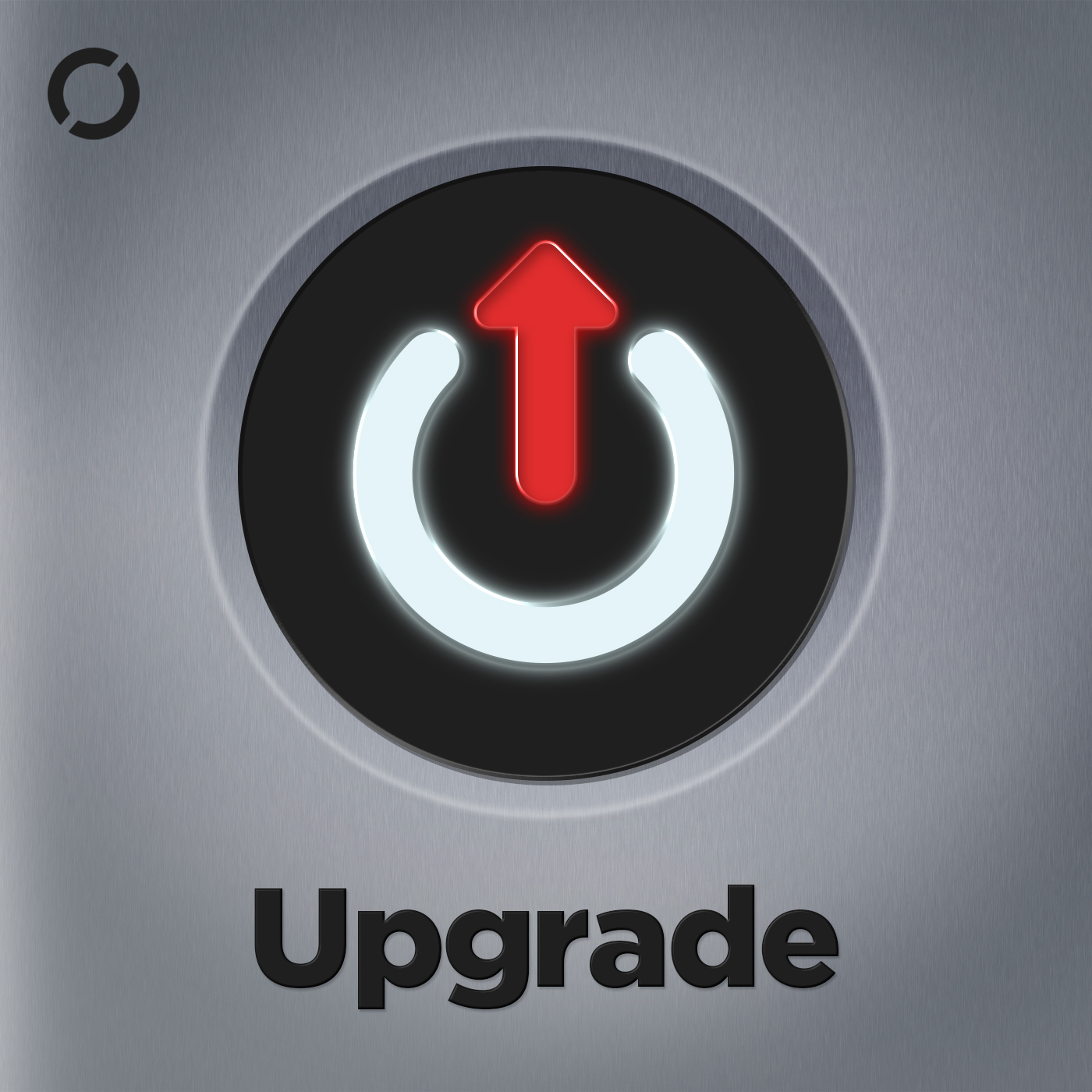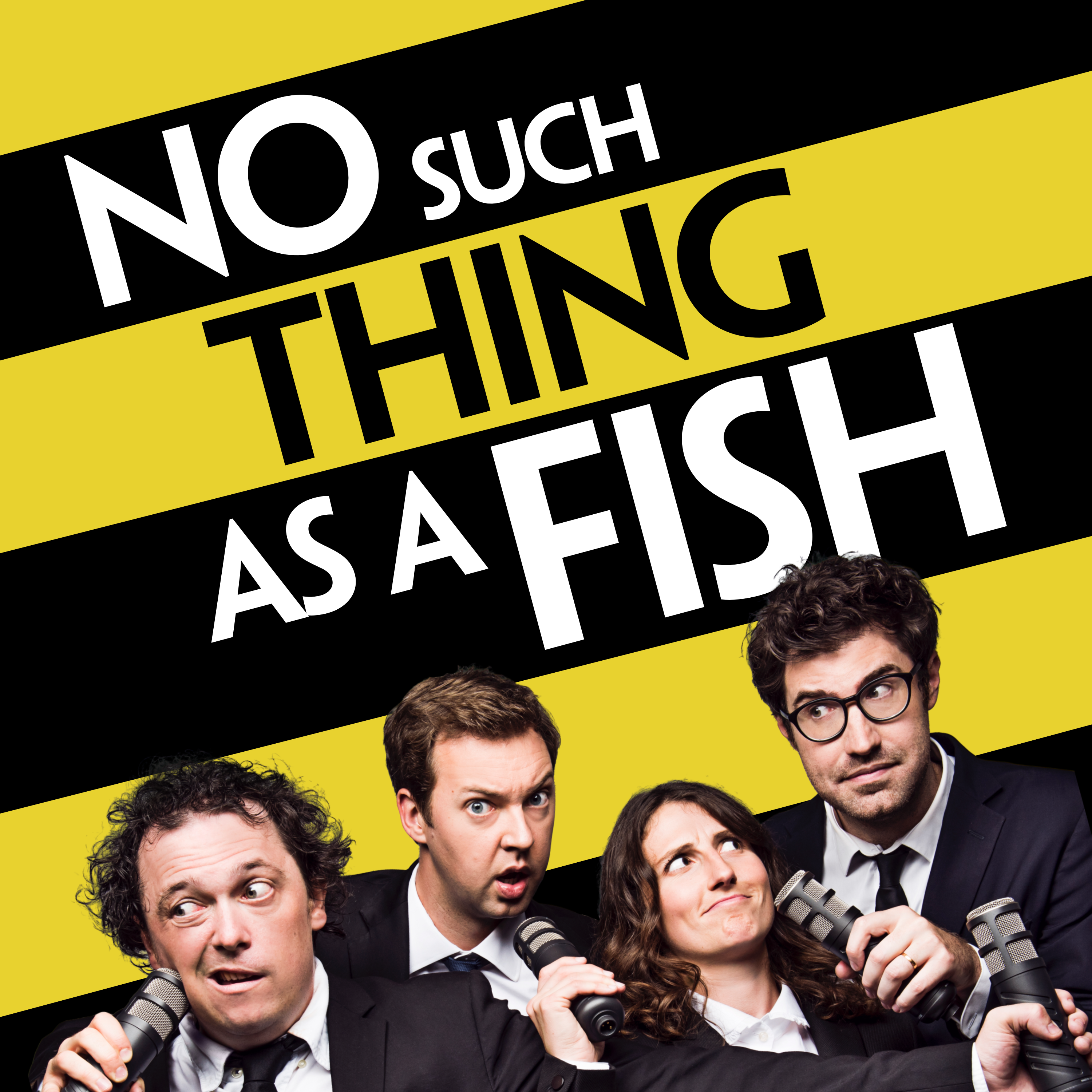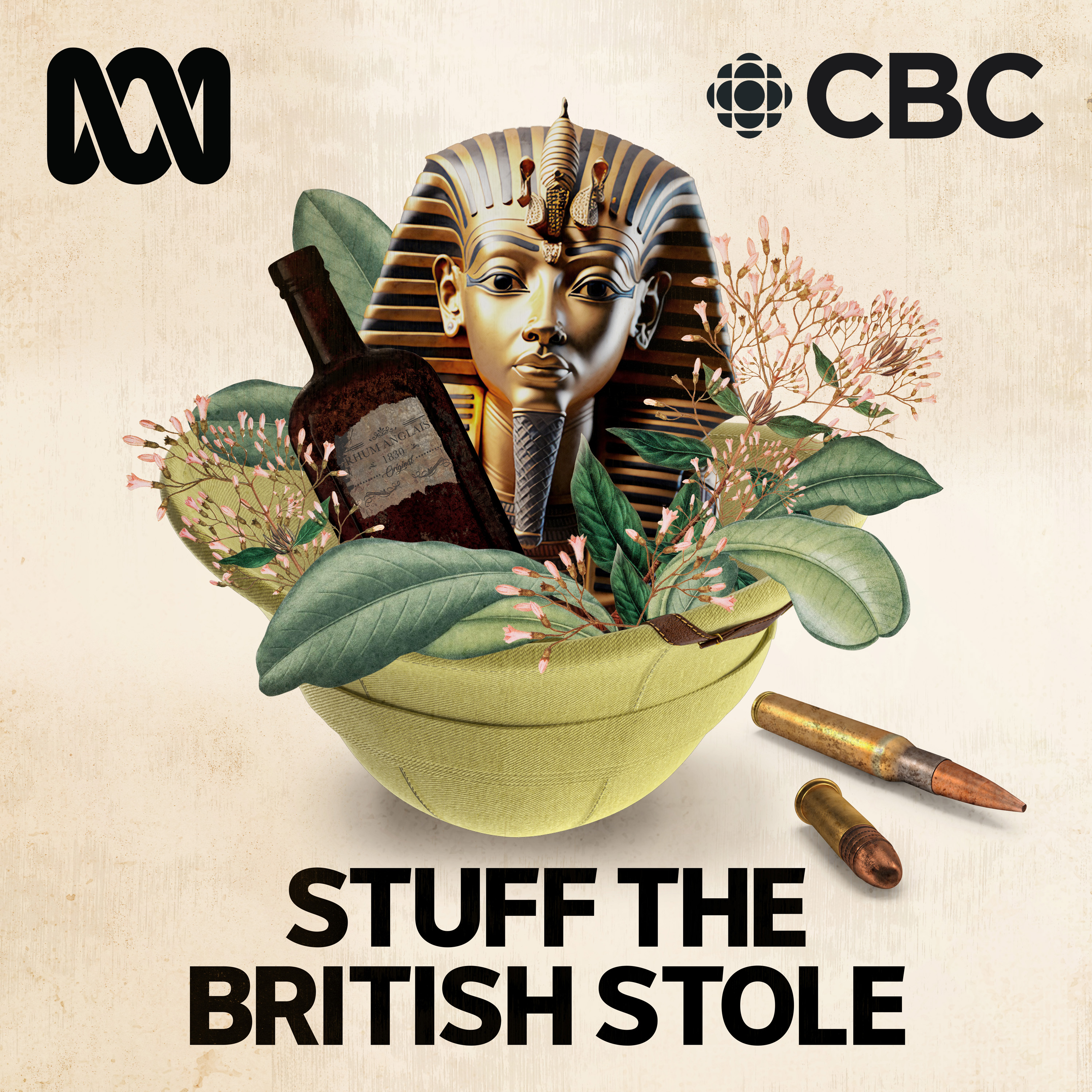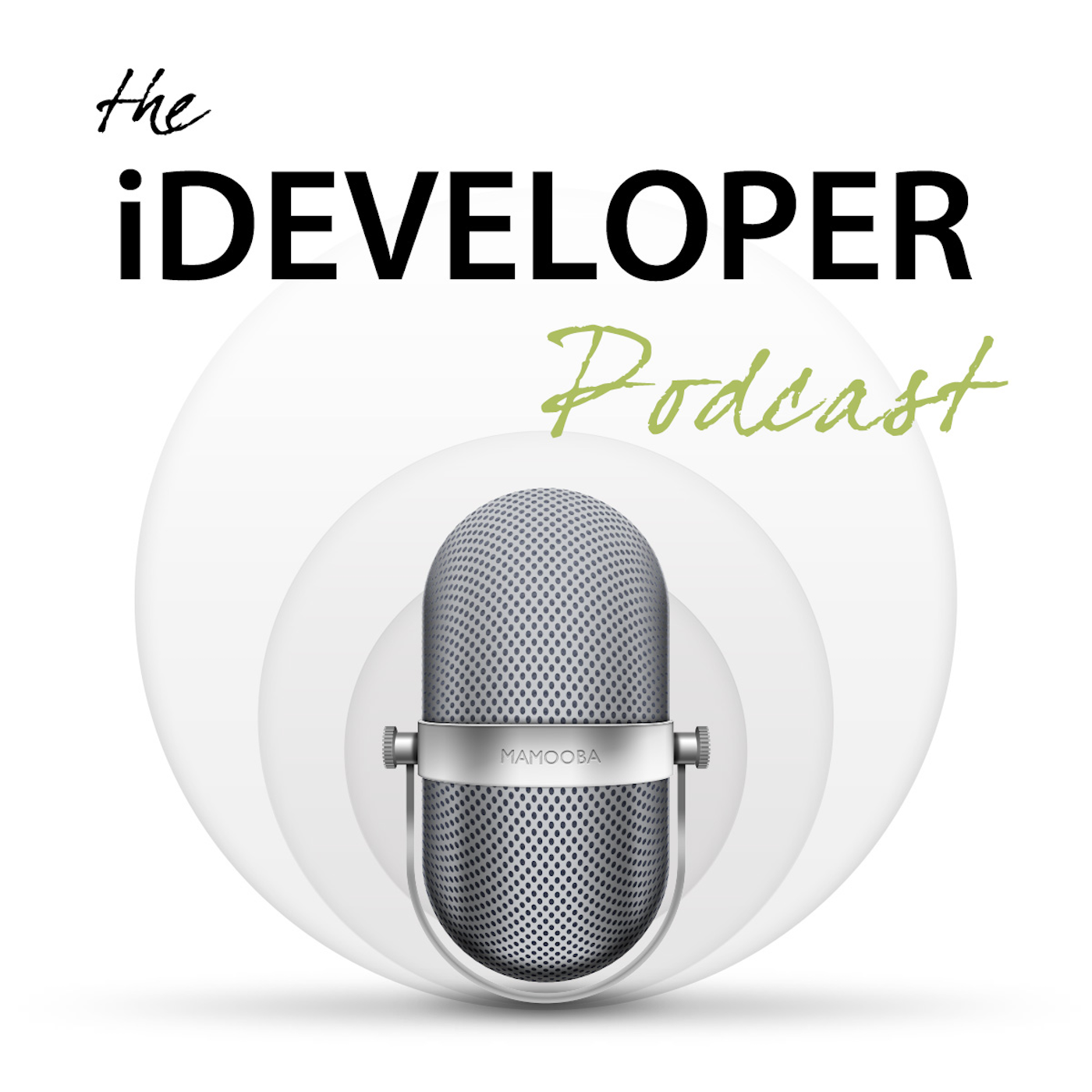
Piano, finally
Piano Finally is a podcast by an old bloke who is learning the piano, finally. I cover the process of learning the piano and music theory as an adult learner. I also review piano books, hardware and other materials from an adult learner's perspective.
Piano, finally
Episode 19 - It's Alive
Use Left/Right to seek, Home/End to jump to start or end. Hold shift to jump forward or backward.
Ever had a whimsical chat with a fellow theater enthusiast about oboists during intermission? Join me, David Reidy, as I recount such an amusing exchange from my recent outing to see Andrew Lloyd Webber's "Sunset Boulevard" at the Opera House, starring the legendary Sarah Brightman. My journey through the world of live music doesn't stop there; I also spotlight an intriguing podcast series on Frederic Chopin, featuring insights from pianist Garrick Olson and historian Alan Walker. Whether it's the shift from CDs to streaming or the value of supporting live performances, I share my thoughts on the evolving music landscape as I eagerly anticipate upcoming shows, like those of Tim Minchin and the Sydney Symphony Orchestra.
On the personal front, let me take you through my strategy for conquering major scales with sharps. From the comfort of mastering the B major scale to recording with the NV-10 keyboard, my journey is filled with determination and a few clever tactics. Alphabetical ordering over the circle of fifths has been my secret weapon in navigating black keys, and I’m proud to share the progress I've made. With plans to tackle scales with flats next, this episode is all about celebrating musical achievements and embracing the challenges that come with them.
You can contact me:
- via email at david@pianofinally.show; this is probably the best option
- the show website, www.pianofinally.show
- Instagram and Threads @pianofinally
- and on YouTube
- all the podcast directories - list
- here's the RSS feed
Some of the links to books and other items mentioned in the podcast may affiliate links for Amazon or other providers. If you use one of these links, a commission may be paid to me at no additional cost to you. Thank you if you use a link.
All reviews of products, websites and services are unpaid, and no sponsorship has been received for any content on this podcast.



G'day everyone. I'm David Redy. Welcome to Piano. Finally, a podcast by an old bloke who's getting around to learning the piano. Finally, welcome to show 19. Thank you for taking the time to listen to the show. If this is the first time you've heard the podcast, I hope you find something interesting. If you're also learning the piano, let me know. You can contact me at david at pianofinelyshow. If you're a returning listener, I'm very grateful that you've come back for more.
David Reidy:It's been a musical week. I'm recording this week's episode a day earlier than usual because I'm going to Tim Minchin's live show tomorrow. Travelling down to Sydney for that will take most of the day and I'll use my time in the city to get some other things done. If the weather's nice, I might even get to go to the beach near where I used to live. I also went to see Andrew Lloyd Webber's Sunset Boulevard production at the Opera House on Tuesday night. It was a great production with Sarah Brightman in the lead role. I already knew the musical from the original cast recording and it was interesting to see the changes that have been made to it over the last 33 years Changed lyrics in one spot and a verse cut out in the second act. It was a very enjoyable production and it runs until the start of November if you want to see it.
David Reidy:I did have an interesting experience during the intermission though I don't normally leave the theatre during intermission, the foyers are generally crowded and I don't need to walk around. So while I was sitting there, the lady sitting next to me asked if I knew anything about music. There was a musician still in the pit running through part of the score. The lady asked if I knew what instrument was being played. The musician was hidden by the pit edge. It could not have been an easier question. It was the oboist practicing. The number of times I get asked questions by people I don't otherwise know makes me wonder if that sort of thing happens to other people. And for those people who know what I wear, I was not wearing my circle of fifths jumper. I was wearing one of my physics formulae ones.
David Reidy:This week's podcast recommendation is for a limited series podcast that looks at the works of Frederic Chopin. The Chopin podcast is created by Ben Laudy and stars Garrick Olson and other guests who worked through Chopin's works. The first episode was released last Thursday and there will be a new episode each Thursday until December 18, wednesday if you're in the United States. Each episode looks at one type of work, with the first suitably looking at his preludes. The next episode is about the nocturnes looking at his preludes. The next episode is about the nocturnes. Ben's collaborator, garrick Olson, is a renowned pianist who has recorded all of Chopin's works. He brings a wealth of knowledge to the show as well as lots of recordings and live performances to illustrate points. It's a very effective way of helping get their ideas across and it makes for very enjoyable listening.
David Reidy:In addition to Ben and Garrick, the episodes have other guests to add to the information. Each episode will include Jed Distler, who will review recordings of the pieces covered in the episode. In episode one, those recordings were all from the mid-20th century, not recent ones, so it would appear that Jed's survey of the available recordings is most comprehensive. Another guest on episode one is historian Alan Walker, who talks about Chopin's disastrous time on Mallorca where he completed the composition of the Preludes. He also includes the story of the piano that Chopin had shipped from the mainland and where you can see it, and the tale of the family who for many years passed off an inferior instrument as the real thing the series is designed to form part of the run-up to the 11th National Chopin Competition, which will be held in Miami, the United States, in January next year. Like many other piano competitions, that competition will be live-streamed. The podcast is a great addition to the world of piano music. Given Chopin's importance in the development of romantic piano music, it should be a must-listen for anyone interested in the piano. If video is more to your liking, there are also matching YouTube videos for the episodes, but they contain only part of the material covered in the podcast, so I'd stick to the audio. It's Alive.
David Reidy:I've already mentioned that this is a very musical week, with Sunset Boulevard on Tuesday and Tim Minchin on Sunday. It doesn't stop there. I'll be attending a Sydney Symphony Orchestra concert next week and there's lots of music coming up all of it live. I read an article in the Guardian last week pointing out that CDs are on the way out, mostly because CD players are no longer being fitted in the one location where they still are. The car CarPlay and Android Auto have replaced the CD stacker with an effectively unlimited collection of music via streaming services. I remember when CDs were first introduced in the early 1980s. I still have the first one. I purchased a Deutsche Grammophon recording of Holst's the Planets, but it would now be unusual to buy any physical form of music at all. Cds now make up about 4% of all music sales.
David Reidy:This got me to thinking about listening to music in general, and listening to live music in particular. The ticket to Sunset Boulevard cost me $229. Admittedly, it was a really good seat in the middle of the fourth row in the most expensive part of the opera theatre. The cheapest seats in F Reserve are $49, which is quite reasonable as long as you factor in the cost of the binoculars. You'll need to see the stage no matter how you look at it. Tickets to a live performance are expensive, and so they should be. It takes a lot of people to successfully stage a show, from the 20 or so people on stage to the 30 or 40 musicians in the pit, the technical crew and the theatre staff, and they all deserve to be paid proper wages. Compare that to the cost of getting music digitally. An Apple Music subscription is $12.99 a month and there are four different recordings of the whole production of Sunset Boulevard available there, with cast recordings for both the London and New York productions.
David Reidy:If all I wanted to do was listen to the music, subscribing to the service would be a sensible solution. So why go live? There's a lot more to the experience of going to a live event than listening to a recording. Live events are much more inconvenient. In addition to having to set aside a few hours not necessarily at a time that is completely convenient there's travel to the venue. In my case, the Sydney Opera House is two hours from where I live. There's the hassle of parking. I managed to avoid that by parking at Mossman Wharf and catching a ferry across the harbour and having to negotiate a large crowd of people and in the case of the Opera House, that includes an enormous number of tourists. If they're so inconvenient, then why bother? I'm not sure, except to say that I really enjoy the experience.
David Reidy:There is something to seeing someone doing something excellent right in front of you. Any type of performance involves a great deal of effort on the performer's part, and to see all that commitment turn into their performance as you watch is somehow magical. Also, going to a live event supports all those people who make the music we want to listen to. Would there still be music if no one went to live events? Undoubtedly there would be. There are very large corporations behind music and they would make sure that music would continue to be made, music to the formula that ensures their profits continue to grow. Generative AI would be perfect for that, and no doubt corporations will use it for that.
David Reidy:It's up to us to keep independent music viable. If all listening to music is to recorded music, then there's not much need for live musicians. A few artists or even a few computer models can supply everyone's needs. The machine learning that the generative models use comes from analysing people's work. If people stop making new music, the generative models rely on each other and music will stop advancing. It's up to us, those who make music, even if just as a beginner, to do our bit to keep music alive.
David Reidy:I've booked tickets to a couple of upcoming live events. Debbie, my piano teacher, has another gig with her band in November, and Dear Evan Hansen is on in Sydney later this year. So what are you waiting for? Search for live music near me on the internet and get out and become a patron of the arts. The last of the main music notation packages we will look at is Dorico. Dorico is the newest of the packages to come onto the market. It is developed and sold by the German company Steinberg, which also makes the audio processing software Cubase and Nuendo, and the mastering software Wavelab. The company has a long history in the music industry, so it's not surprising that they have made a move into notation software. Dorico was first released in 2016, having been developed largely by the team that had developed Sibelius before they were all sacked by Avid. The latest version is 5.1, and it was released earlier this year.
David Reidy:Like other notation programs, dorico allows you to enter your music using a computer keyboard or via a MIDI keyboard in a fairly straightforward manner. Having been developed more recently than the other packages, dorico has a more automated approach to doing things. Given that I'm nowhere near being an expert in musical notation, it's nice that Dorico knows all the conventions used in printed scores and will correct what you have entered. If, for example, you were to try and put a minim on the last beat of a 4-4 bar, instead of refusing because it doesn't fit, it will put in a crotchet and then tie it to another crotchet and the first beat of the next bar. One criticism I've seen in some of the reviews is that Dorico is opinionated and it can be difficult to get it to do things differently. I haven't needed to do anything too complex so I haven't run into this problem. Dorico splits up the entry of music and the tweaking of it for printing. This makes it very simple to get your notes in without distraction and then you go back and adjust what it will look like on the paper. Dorico also comes with a playback system with very high quality orchestral and solo instruments.
David Reidy:Dorico is available in three versions. Dorico is available in three versions A free version called Dorico SE, a pro version called Dorico Pro and an intermediate version called Dorico Elements. The pro version is just under $900, and Elements is $154. Steinberg's online store offers discounts for students and teachers. There's also an iPad version of the software. It's free, but a subscription or purchase unlocks more advanced features.
David Reidy:Of the three packages we've looked at over the last episodes, I'm moving forward using Dorico. So far, I've found it easy to use and fairly intuitive for a user with basic needs. I've been using it to transfer some music for practice and to produce materials for the video series I'm planning. I'll let you know how it goes as I learn more. Well, that's it for this week. If you'd like to contact me, email is the best way. You'll find me at david at pianofinallyshow and the website at wwwpianofinallyshow. In both cases, piano finally is all one word. Let me know where you are in your piano journey or if you'd like to test my practice software when it's ready. The show is also on facebook and instagram. You can subscribe by any popular iOS or Android podcast application or from directories such as Apple Podcasts, spotify or Player FM. So until the next episode, I hope your piano stays in tune and you enjoy your time at the keys.
David Reidy:It has been scale week. I've spent most of my practicing time getting comfortable with all the major scales with sharps in the key signature. They're going well as long as I remember to start the B major scale with finger 4 of my left hand. I've managed to overcome the problem of remembering which black keys to play by developing a system that applies a pattern to the keys. I know that the whole system is based around the circle of fifths, but I'm still slower with that order than the regular alphabet, so I'm using alphabetical ordering.
David Reidy:In order, there are 3, 5, none, 2, 4, it's a flat and 1 sharp in the key signature and they're added in from left to right, with the 3 group alternating with the 2 group and they're added in from left to right, with the 3 group alternating with the 2 group. So if I need to play D major, it's 3 sharps the first in the 2 group and the first 2 in the 3 group or C sharp, f sharp and G sharp. I found I can do this much quicker than working through the circle of fifths. The plan is to spend next week developing a scheme to remember the black key patterns for all the keys with flats and then work on getting them playing smoothly. This week's progress is a recording of a selection of the major scales with the sharps. The recording was made using the NV-10 as the keyboard and Piano Tech 8 running on the Mac Mini. Piano Tech is set up with the New York Steinway Model D in wide player mode Piano.
Speaker 2:Thank you, you, you, you you, you, you, you, you, you, you, you, you, you you, thank you.
Podcasts we love
Check out these other fine podcasts recommended by us, not an algorithm.

Connected
Relay
Upgrade
Relay
No Such Thing As A Fish
No Such Thing As A Fish
We Can Be Weirdos
Global
Stuff The British Stole
ABC and CBC
The iDeveloper Podcast
Steve Scott (Scotty) & John FoxRaven On: A Pop Culture Podcast
Natalie Bochenski & Stuart Layt
Smart Enough to Know Better
Dan Beeston & Greg Wah
TopMusic Piano Podcast
Tim Topham
The Chopin Podcast
Garrick Ohlsson and Ben Laude
